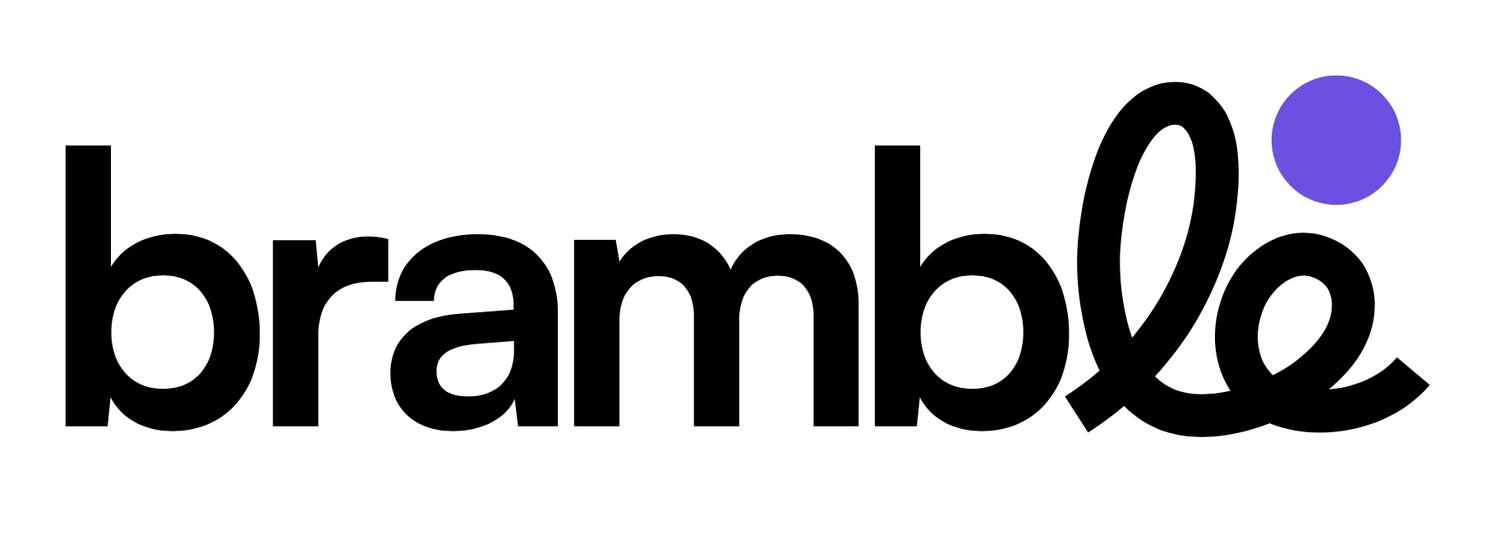Lessons from being a founder: 2. Authenticity as a CEO
It’s fair to say that in a decade building Wefarm that I learned a lot. I went from a (relatively…) young, inexperienced Founder to a CEO of a fast growing company with over 100 people. The biggest lesson I learned along the way, and the cornerstone that I will take into my next business, is the importance of authenticity.
If I look back honestly at my first few years as CEO of Wefarm I was often trying to be someone I wasn’t. Inside I had a lot of self-doubt and imposter syndrome, which I sometimes tried to cover up with an external ‘startup founder’ persona to sell our vision and company to team members, investors and the world.
A few years into the Wefarm journey, as we raised more and the team grew to more than 50 people, this was only getting worse. Wefarm was now the biggest company I'd ever worked for (never mind led) and I felt like I was going to be found out any second as hopelessly out of my depth.
The gradual realization I came to, and I will build the rest of my career around, is that authenticity can be a superpower to build trust and a high performing team.
I look back at this as my real transition from founder to CEO, and it was built around two key things:
Transparency, and willingness to honestly answer any question
Being vulnerable and talking about my own journey
The first, transparency, is crucial to building trust. And this is not about big gestures or one time things, but rather it requires constant small actions and effort. Those little things add up to big results when it comes to the ‘big’ moments in a startup - like funding rounds, redundancies, or pivots - and you really need that trust to be there.
At Wefarm we built this trust by being transparent with our team and trying to honestly answer all questions asked. We genuinely encouraged people to actually AMA, and always said that as long as we can legally answer it we will. It takes time for people to truly get comfortable asking questions and expressing concerns, but if the CEO and senior leadership always take time to answer honestly it builds that trust. There is nothing worse for culture than an information vacuum. People always fill
The second, being vulnerable, was harder for me but was counterintuitively crucial to building my confidence and ultimately being a better CEO. One of my big moments in this process was sharing the outcome of a large feedback piece I'd been doing within the company. I publicly shared the areas that had been highlighted, constructively, as weaknesses for me, shared the actions I was taking, and asked everyone to support me in improving.
This was liberating for me. Being able to be more open about not having all the answers or solutions, and having a more genuine and authentic relationship with the team made me feel much more relaxed and competent in the CEO role, and I think also helped the rest of the team feel safe and able to buy-into the company and culture.
I commit to bringing this authentic, honest approach and culture to my next role and company.
